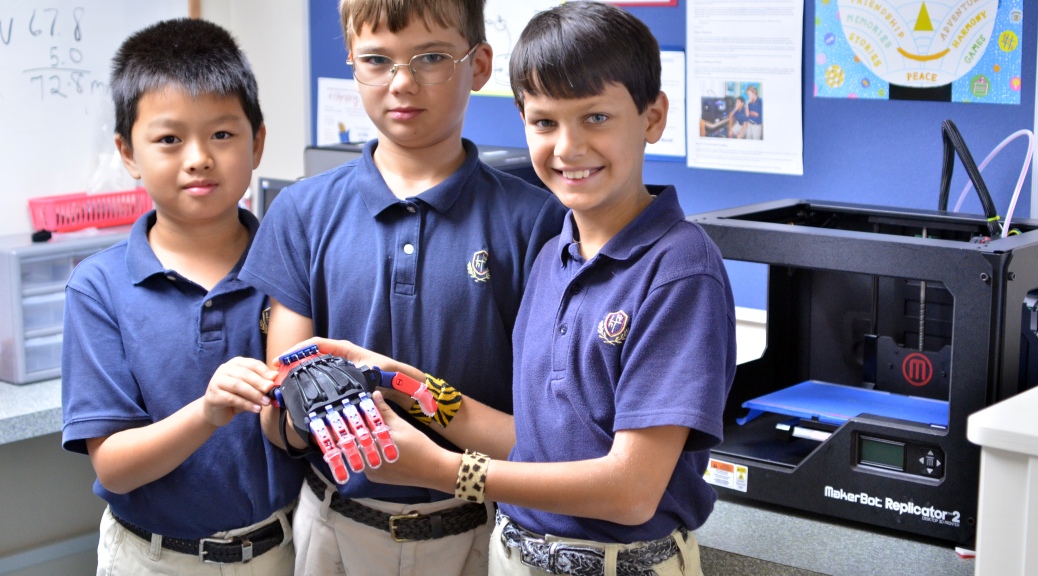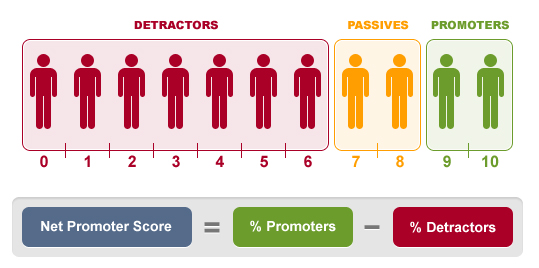
I sent Sherry Coutu from Founders4Schools a recent post and we had a conversation about
entrepreneurship in education as she asked for my comments.
I gave Sherry my thoughts about some previous education enterprise initiatives, and may not have left the best first impression as I was a little critical of previous initiatives. while my comments may not have been too positive about others working in this space, the feedback was honest.
This post considers my take on the much banded about buzz word "collaborate" and an offer of some massive collaboration, which could be a win-win scenario... possibly with a collective saving of up to £360,000 for 12 organisations, including Founders4Schools.
I gave Sherry my thoughts about some previous education enterprise initiatives, and may not have left the best first impression as I was a little critical of previous initiatives. while my comments may not have been too positive about others working in this space, the feedback was honest.
This post considers my take on the much banded about buzz word "collaborate" and an offer of some massive collaboration, which could be a win-win scenario... possibly with a collective saving of up to £360,000 for 12 organisations, including Founders4Schools.
NB The start of this post may be a little bit "ranty," if your not in
the mood for this please feel to skip to the more positve (If not a little crazy) "Open Source Sales" section at the end.
UK Enterprise Schemes
When I researched my business development report for FE I found 259 enterprise agencies in the UK, many of whom work with young people. At best there did not seem to be a great deal of collaboration between each group.
UK Enterprise Schemes
When I researched my business development report for FE I found 259 enterprise agencies in the UK, many of whom work with young people. At best there did not seem to be a great deal of collaboration between each group.
At worst some projects were poorly thought out and may end up having questionable
value, unlikely to provide a return on investment for educators, students or their schools in
any way shape or form.
I also find it curious that all these entrepreneurs go into schools with all thier enthusiasm and entrepreneurial spirit, but the school remains plunged in crippling buget cuts before, during and after the talk.
And if you are just going to tell our kids about enterprise, make sure you tell them... warts and all! Try sharing this post The Psychological Price of Entreprenurship when the latest shiny new school enterprise initiative is being launched, not a popular choice of startup literature with the organisers.
I also find it curious that all these entrepreneurs go into schools with all thier enthusiasm and entrepreneurial spirit, but the school remains plunged in crippling buget cuts before, during and after the talk.
Don't tell me about entreprenurship... Show Me!
And if you are just going to tell our kids about enterprise, make sure you tell them... warts and all! Try sharing this post The Psychological Price of Entreprenurship when the latest shiny new school enterprise initiative is being launched, not a popular choice of startup literature with the organisers.
For a variety of reasons I'm not a successful entrepreneur (and am unlikely to become one). However, I would be able to give a few examples where I've helped educators with some new ideas and bring in some additional revenue.
 |
| Startups... It's not all plain sailing! |
Collaboration
Collaboration is another area I'd like to have a rant about. Every man and his dog talks about the value of collaboration. But this appears to me to be a very particular brand of "Collaboration," one that I've not quite managed to figure out. As best as I can make out, this is;
Collaboration is another area I'd like to have a rant about. Every man and his dog talks about the value of collaboration. But this appears to me to be a very particular brand of "Collaboration," one that I've not quite managed to figure out. As best as I can make out, this is;
"Collaborate, as long as it's in our
best interests..." Or "As long as you're a member of our cosy club"
Recently I've written in support of organisations who are operating in the same space.
- Teaching HOW2 and Mind Genius have both developed Mind Mapping/Modeling solutions
- PledgeCents and DonorsChoose with Get2ISTE and Chris Beyrle's 3D Printer.
Firstly, I would remind people that EdShelf would have been a direct competitor to
my plans, but I still pitched in and helped where I could. Today I would like to think that a potential competitor has become a potential collaborator.
Secondly, I can see benefits with these organisations collaborating... HOW2 have experience with Model Mapping in education and MindGenius' solutions have worked in developing their business interests.
Secondly, I can see benefits with these organisations collaborating... HOW2 have experience with Model Mapping in education and MindGenius' solutions have worked in developing their business interests.
Both are totally focused on the customers' experience. What would happen if they collaborated with each playing to their strengths? I've no idea but, if successful, it would add to their collective expertise and resources.
Both PledgeCents and DonorsChoose will have issues with unfulfilled causes. If lots of educators create crowd funding campaigns but they don't get funded, educators may question the value of the entire crowdfunding model.
All crowdfunding providers would suffer as a result, it's surely in both organisations best interest to find sustainable alternative sources of funding. For my part, I'm focusing on the organisations culture and the customers need... not who's competing with who.
Elliott Hauser explains this far better than I do in his "Don't Build Too Much... Double Down at What You're Good At" post
Finally, I know that the organisations who make the biggest difference are Dave Logan's "Stage 5 Teams" and they will collaborate with anyone and everyone to achieve the "Noble Cause" the organisation sets for themselves.
I believe many of the organisations I write about share this outlook because they are mission based companies... It's not just all about revenue or profit for them.
Both PledgeCents and DonorsChoose will have issues with unfulfilled causes. If lots of educators create crowd funding campaigns but they don't get funded, educators may question the value of the entire crowdfunding model.
All crowdfunding providers would suffer as a result, it's surely in both organisations best interest to find sustainable alternative sources of funding. For my part, I'm focusing on the organisations culture and the customers need... not who's competing with who.
Elliott Hauser explains this far better than I do in his "Don't Build Too Much... Double Down at What You're Good At" post
Finally, I know that the organisations who make the biggest difference are Dave Logan's "Stage 5 Teams" and they will collaborate with anyone and everyone to achieve the "Noble Cause" the organisation sets for themselves.
I believe many of the organisations I write about share this outlook because they are mission based companies... It's not just all about revenue or profit for them.
 |
| Identify Core Values... then Align them with a Noble Cause |
I've written a great deal about sales in education recently, and Sherry liked the sound of some of my ideas. I've had a quick look at Founder4Schools and it does look different to some of the other enterprise projects that I've been critical of over the last few years.
While I have no problem with providing honest feedback (even if it is a first impression), I don't want to come across as being dour and negative.
Founders4Schools is also a charity that relies on word of mouth referals and I am happy to help where ever and when ever I can, so I thought I'd suggest an idea for a roll out model with a massive amount of collaboration, and some open source sales.
This might include organisations like Schools4Founders, Engage Labs, Bad Idea, Declara, Intern Rocket, CAS Scotland, Mind Modelling/Mapping, Trinket, Alchemie, Smart Science, Hero Lab, Mad Learn, PledgeCents and 3D Hubs (And could include others, these are just organisations that immediately came to mind... apologies if I've missed any awesome people out here).
What have all these organisations got in common? They appear to be mission based and have a commitment to STEM based projects in some way. They might also be complimentary to one another. For example...
The STEM/Enterprise Collaboration Pitch
Founders4Schools comes into present the school, this inspires students to get entreprenurial and they discuss some project ideas with the visiting founder.
The collaboration with the school could continue online via Intern Rocket or Declara through resources like their Entreprenurs collections and mind mapping tools.
A follow up visit is organised if any Bad Idea or PlanIt sessions are planned so the founder can provide some guidance and input.
If ideas have a science element, students could see if Smart Science and Alechmie might be able to help.
If the idea involves the coding club, Trinket, Mad Learn and the schools CAS Scotland project lead can get involved and their idea needs some new kit to develop prototypes, the students open a crowdfunding project for a 3D printer... And they get some sales hustle on!
Students engage with local employers to convince them of the merits of a shared 3D Printer via 3D Hub... funding is secured and these employers come to the school for their own prototype needs.
...and soon we have some primary school kids help make a prosthetic hand, like Susan Beardens did and Chris Beyerle is trying to do, and the students get put forward for a collaboration award too.
More importantly, the students are more inspired than event and are engaged with STEM and the business community.
The Value Proposition
What savings could be made if 1-2 people delivered a pitch like this for 12 organisations and took them to our schools, instead of each organisation having a sales person? 12 people on a wage of £20-30,000 = savings of £240-360,000 per annum.
Plenty savings to go into funds like Get2ISTE and school crowdfunding projects... and a little left over to save on the company's P&L sheet. Then there is time savings to the school with reduced calls and presentations, so they can explore the TweechMe App and some EdChats (#EdTechChatUK and #EdTechBridgeUK, maybe ;))
Then we all go
home after a good days work inspiring some young people to enjoy a nice cup of
coffee.
Crazy idea, right? Any crazy people reading this feel free to get in touch, sane people and detractors not required at this stage.












